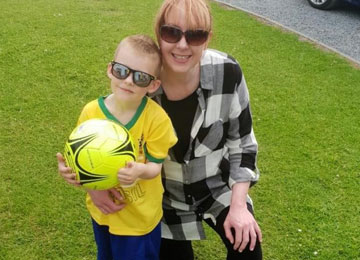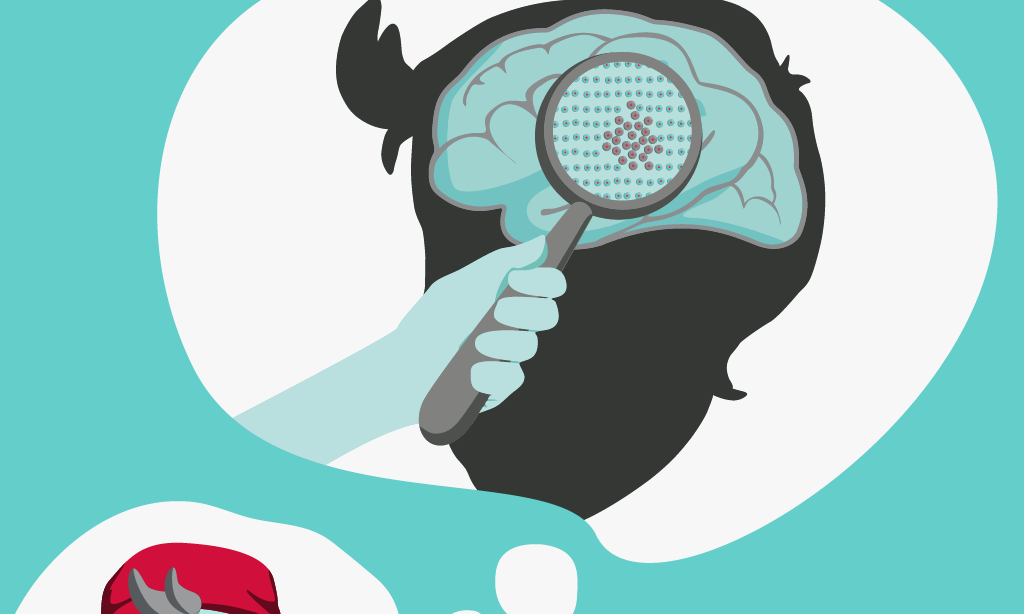Develop communication with the family
People often mistakenly feel that the family want to be left alone following the devastating diagnosis of a brain tumour. However, if the school doesn’t maintain contact, from the family’s perspective, this can feel like they’ve been abandoned.
Open and honest communication is really important between school and the family.
The importance of communication between the child, family, school and wider support team cannot be underestimated. This ensures children’s needs can be met, anxiety is reduced and all parties feel more confident of their respective roles and responsibilities. Good communication is key both immediately after a child is diagnosed, and also throughout their time in education.
Dr Emily Bennett, Consultant Clinical Psychologist
Keeping in touch with the family provides reassurance and comfort, and will allow you to pre-empt any potential problems or worries that the child may meet at school.
It also gives you the knowledge to talk to the class (with the family’s permission) about what’s going on with their classmate.
Things to consider:
- the initial shock and stress of a diagnosis may have an impact on how much a family wants to share. Allow children and parents to take the lead in this regard. Even if a child and their family don’t want to share their story, the wider school community is likely to need to be told something about why the child isn’t going to be in school. This could be something as simple as ‘she/he is off sick’ (see Not wanting to share story section [LINK]).
- establish a key point of contact in the school for the family, to avoid them having to repeat their story. For consistency, consider this key contact taking responsibility for liaising with the child’s healthcare team

The school were amazing. His SENCO and teachers were so supportive. The class teacher came to visit us once Noah was out of hospital and played a key role in facilitating his visits to school after his operation.
Donna Forster, mother of Noah (6) diagnosed with a rare, low-grade brain tumour
- find out from the family and/or the child themselves what they know and understand about their brain tumour diagnosis.
This will make sure you don’t say anything from your learnings about brain tumours that they don’t already know. - establish how often they want contact and via what method, e.g. phone, email or personal visits.
- if you’re supporting a child at secondary school (in particular in the later years), you might have more direct contact with the child themselves to find out how they’re doing and what you can do to help.
- establish who the family want the information shared with within the school. This may include just the child’s classmates and their parents or it could include particular teachers (in secondary school) or the wider school community as well.
- be aware of the potential impact on a child’s siblings and talk to the family about this. The lives of brothers and sisters are often significantly impacted when a sibling is affected by a brain tumour, so it’s essential to make sure that siblings also feel supported.
- it can feel quite daunting, as a teacher, knowing how best to support a child affected by a brain tumour diagnosis. Make sure you seek support, if and when you need it.
Support and Information Services
Research & Clinical Trials Information
You can also join our active online community.
In this section

Supporting you
Our Children & Families team offers support to children, young people and families affected by a brain tumour diagnosis. We’re here to help with any information you might need, answer your questions, listen and provide support.
